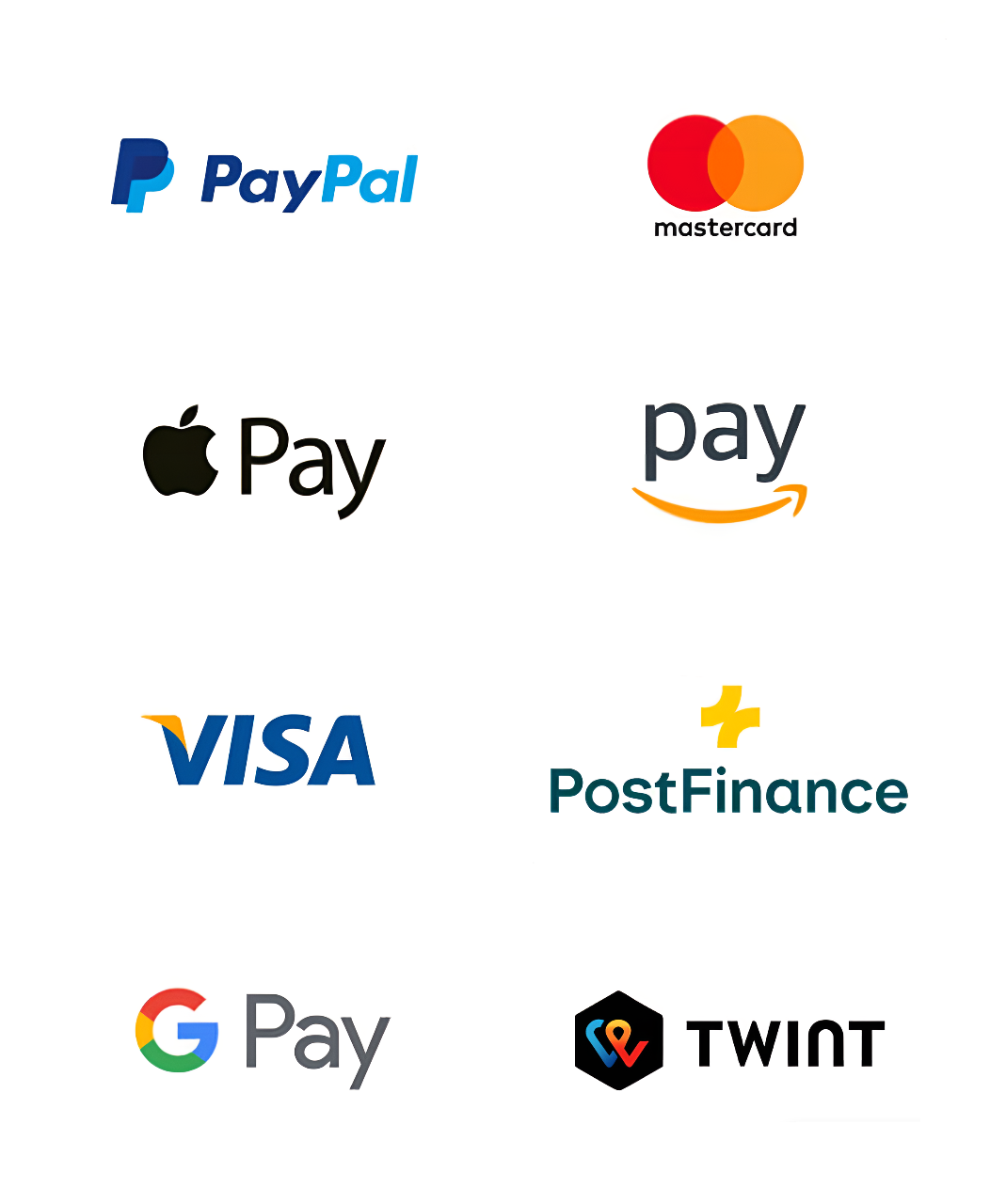Why you should lock your computer before leaving your desk?
Data security is extremely important, and fortunately, we are all becoming more aware of it. An unsecured computer can easily become a target for hackers looking to gain access to confidential information. It’s essential to follow all possible security measures, which is why locking your computer before leaving your desk is crucial. In this article, we’ll explore why this practice is so important and what steps you can take to protect your computer.
Data security
Securing your computer against unauthorized access is vital for protecting sensitive information such as personal data, bank account numbers, or login credentials. Locking your computer before stepping away is one of the simplest ways to protect these details from potential threats.
Consequences of leaving your computer unsecured in a work environment
1. Exposure of confidential information
An unsecured computer can make it easier for unauthorized individuals to access confidential company information, such as client data, financial details, or business strategies. If such information is exposed, it could lead to data breaches, financial loss, or reputational damage for the company.
2. Violation of IT security policies
Many companies have strict IT security policies that require employees to lock their computers before leaving their workstations. Violating these policies could result in disciplinary action or a loss of trust from the employer. If a data breach occurs due to an unsecured computer, the company could face legal liabilities.
3. Customer data breaches
If an unsecured computer contains customer data, such as email addresses, phone numbers, or transaction histories, a data breach could violate their privacy and harm the company’s reputation. In addition, companies may be required to report data breaches, which can result in additional costs and legal consequences.
4. Financial loss
An unsecured computer in the workplace could be used to commit financial crimes, such as identity theft, bank fraud, or scams. Companies could suffer significant financial damage due to unauthorized transactions carried out using stolen data.
Locking your computer
Locking your computer before leaving your desk is a simple but effective way to prevent unauthorized access. It only takes a few seconds to press a key combination or use the screen lock option to secure your computer from anyone who shouldn’t have access. This simple step can significantly reduce the risk of data theft or privacy violations.
Famous data security breaches
1. Facebook data leak (2018). One of the biggest data breaches in history occurred in 2018 when personal information of over 87 million Facebook users was exposed and used by Cambridge Analytica for political profiling.
2. Equifax attack (2017). In 2017, hackers targeted Equifax, one of the largest credit reporting agencies in the U.S. They stole the personal information of over 143 million people, including Social Security numbers and other financial data.
3. Yahoo data breaches (2013 & 2014). Yahoo experienced two massive data breaches, which affected over a billion users. The breaches involved the theft of email addresses, passwords, birthdates, and other personal information.
4. Sony Pictures hack (2014). In 2014, Sony Pictures was the victim of a cyberattack that led to the exposure of employee personal information, unreleased films, and internal communications. The attack was attributed to a hacking group from North Korea.
5. Phishing attacks. Many people have fallen victim to phishing, where hackers impersonate financial institutions and request login details or credit card information. After obtaining this information, hackers use it to conduct unauthorized transactions or steal identities.
These examples show how unsecured computers or data breaches can have serious consequences for companies and private users alike. The risk is real, and appropriate security measures must be taken. While not all of these cases involved an unlocked computer, it’s clear that such a simple step can improve data security significantly in a matter of seconds—so why not do it?
Protecting against unauthorized access
In addition to locking your computer, there are other steps you can take to protect it from unauthorized access. One of these is regularly updating your antivirus and anti-spyware software. This ensures that your computer is protected against viruses, malware, and other malicious software that could compromise your privacy and data security.
Summary
Locking your computer before leaving your desk is a simple yet effective practice that can significantly enhance your data security and protect you from unauthorized access. Remember to regularly use antivirus and anti-spyware software to further safeguard your computer against potential threats. By following these practices, you can use your device with the assurance that your data is safe.

